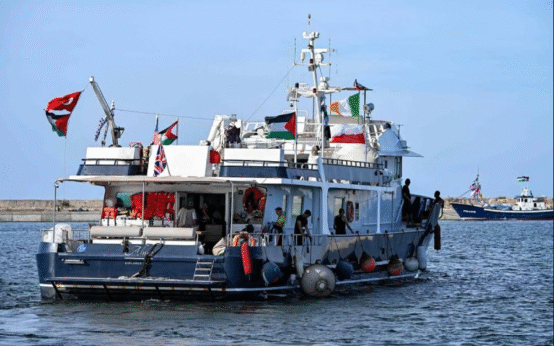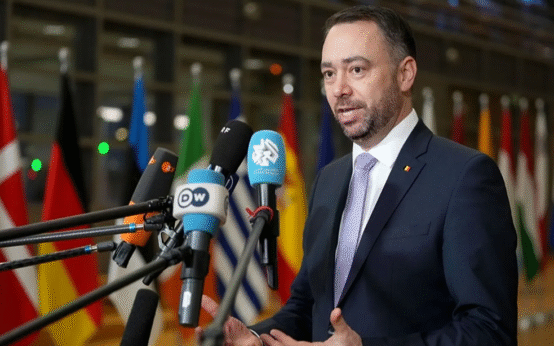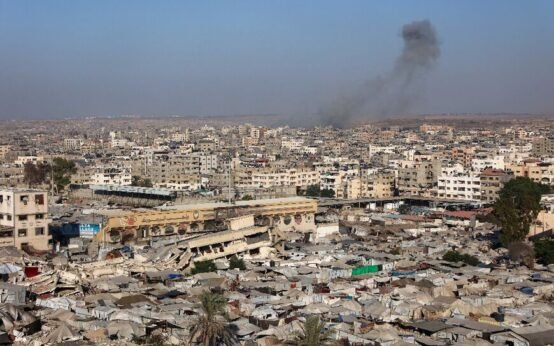Latest round of airstrikes and shootings in Gaza has left at least 57 people dead, according to health officials. Many of the victims were women and children, showing once again how heavily civilians are bearing the cost of this conflict. Whole families have been lost as their homes were reduced to rubble, leaving behind survivors with no safe place to turn.
Strikes on Nuseirat Refugee Camp Leave Families in Mourning
Authorities reported some of the deadliest incidents at the Nuseirat refugee camp. In one attack, nine members of the same family died when their house collapsed. A few hours later, another strike killed fifteen more people in the same area. The destruction of makeshift tents claimed the lives of displaced people, leaving behind scenes of grief and despair.

Hospitals across Gaza are overwhelmed by the number of injured.At Shifa Hospital, doctors described a desperate situation as Israeli tanks drew closer to the gates; consequently, it became increasingly dangerous for ambulances and staff to move. Meanwhile, at Helou Hospital, medical teams are caring for fourteen premature babies who remain in incubators. However, doctors are deeply concerned that ongoing fuel shortages and damage to infrastructure could soon jeopardize the infants’ survival.
Conflicting Claims Between Israel and Gaza Health Authorities
The Israeli military denied carrying out some of the strikes reported by hospitals in Nuseirat and other parts of Gaza, saying it had no operations in those areas at the time. This has created confusion and frustration on the ground. For ordinary Palestinians, however, the daily reality of destroyed neighborhoods, funerals, and wounded relatives leaves little doubt about the scale of the devastation.
Around the world, pressure is growing for a ceasefire. Humanitarian groups, international organizations, and several governments have called for immediate steps to allow aid, food, and medical supplies into Gaza. They argue that the loss of civilian life proves that the humanitarian situation has reached a breaking point. Calls for medical evacuations and safe zones are increasing as the violence continues.
Israeli Leadership Signals No End to Military Operations
Despite global concern, Israeli leaders have made it clear that military operations will continue. Prime Minister Benjamin Netanyahu told the United Nations General Assembly that the war will not end until Israel achieves its security goals. This position highlights the deep divide between Israel’s military objectives and the growing international demand to protect civilians.
The strikes in Gaza underline the deep humanitarian crisis facing the territory. Armed forces are killing families in both homes and camps. The relentless violence is pushing hospitals to the brink of collapse, and children live in constant fear of the next attack. Without a ceasefire and meaningful humanitarian aid, civilian suffering will intensify in the coming days


 Italy sends naval vessel to help Gaza aid flotilla
Italy sends naval vessel to help Gaza aid flotilla  Literature as Resistance Amid the War in Gaza
Literature as Resistance Amid the War in Gaza  UN to Vote on Gaza Solution Without Hamas
UN to Vote on Gaza Solution Without Hamas  Tens of Thousands March in Brussels to Draw Red Line for Gaza
Tens of Thousands March in Brussels to Draw Red Line for Gaza  Belgium’s Foreign Minister Warns EU credibility on line over Gaza
Belgium’s Foreign Minister Warns EU credibility on line over Gaza  Israel military says controls 40 percent of Gaza City
Israel military says controls 40 percent of Gaza City